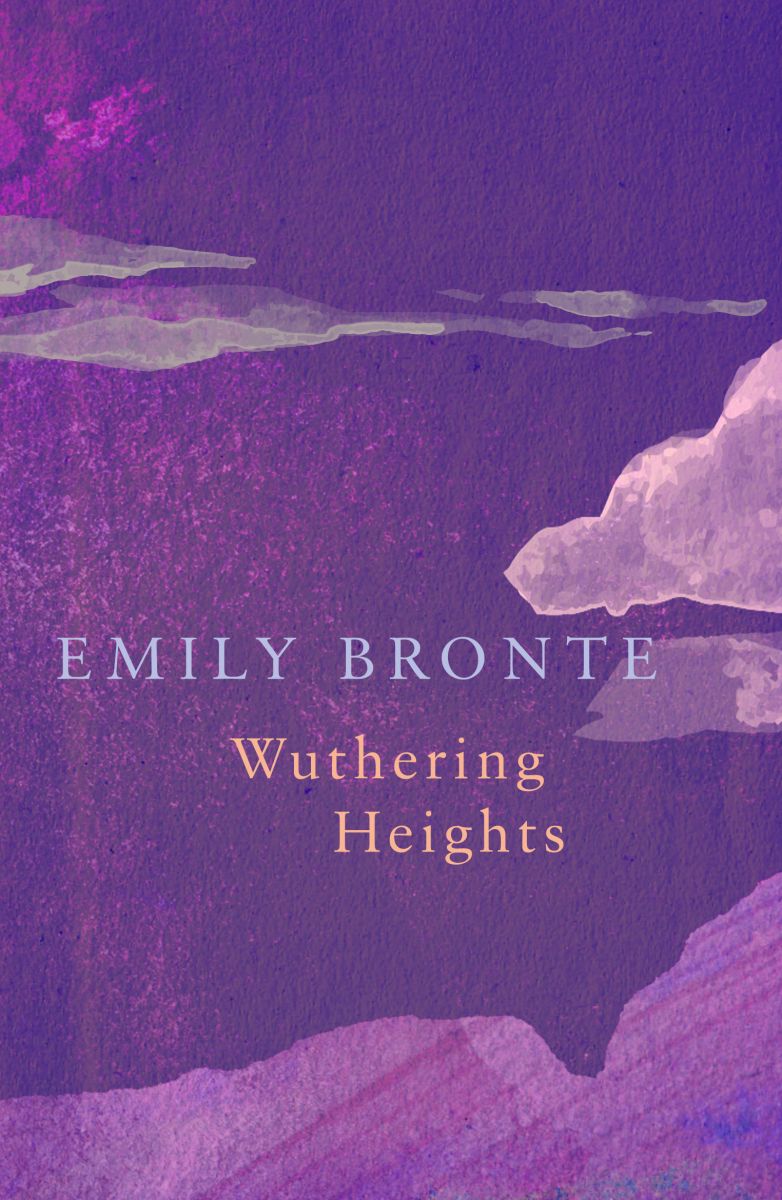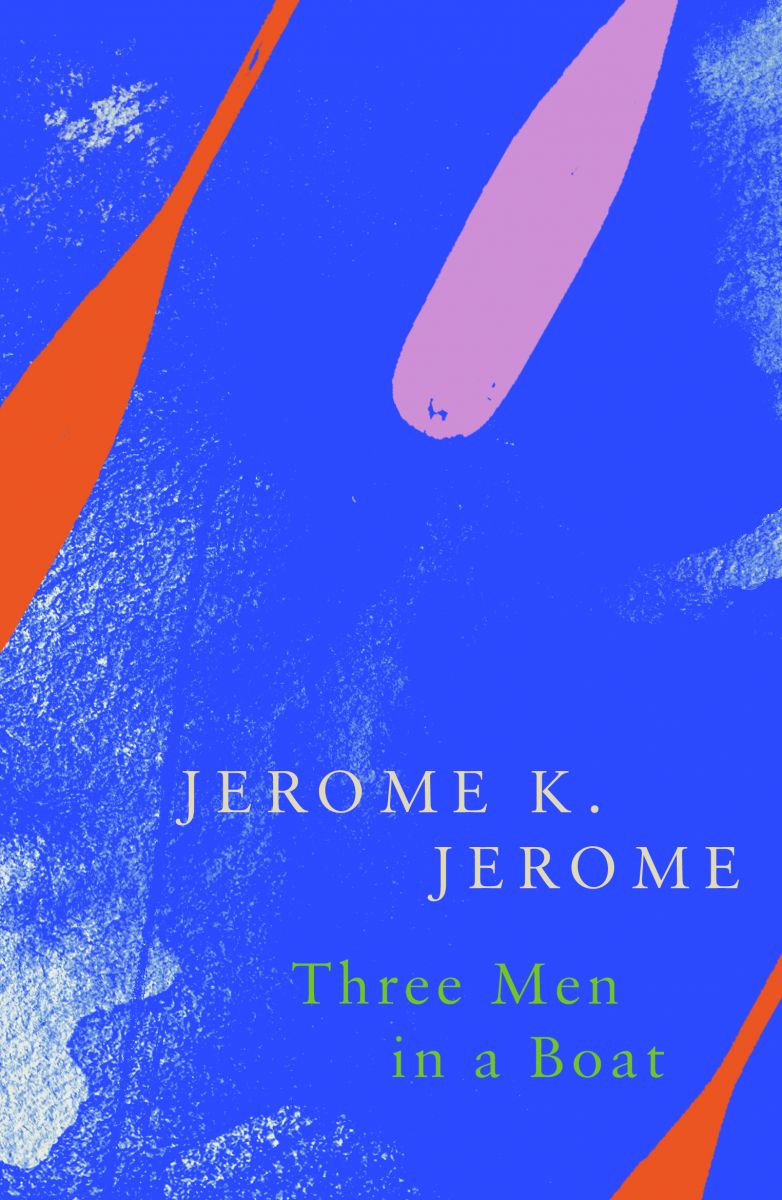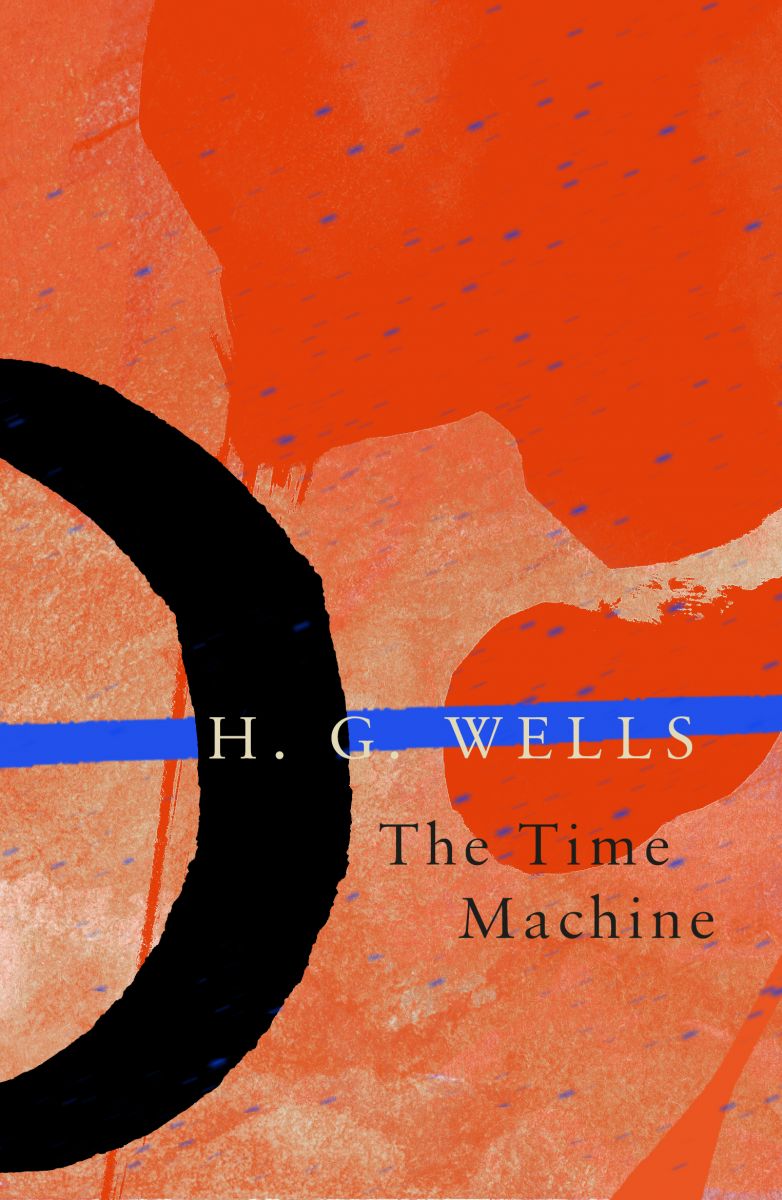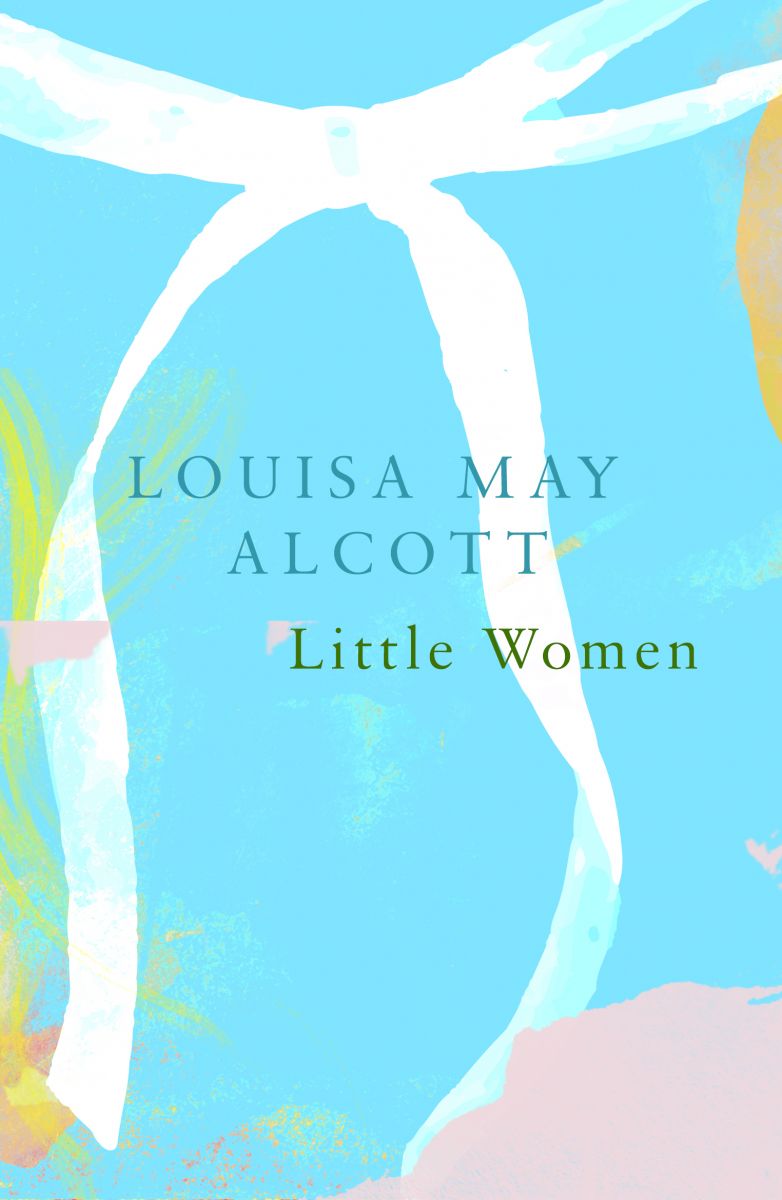You are viewing your 1 free article this month. Login to read more articles.
Bringing classics to the modern reader
We spoke to Legend Press' managing director Tom Chalmers about its second set of Classics, publishing this June - Frankenstein by Mary Shelley, Little Women by Louisa May Alcott, Three Men in a Boat by Jerome K Jerome, The Time Machine by H G Wells and Wuthering Heights by Emily Bronte.
What inspired the series?
We are used to seeing the same classic books in various versions of the same packaging from the major publishers. We love the idea of returning the reader to that unforgettable experience of reading a great book and we wanted readers to rediscover classics that have been republished less frequently. For instance, there are thousands of editions of Oscar Wilde’s The Picture of Dorian Gray but far fewer of The Importance of Being Earnest, so we decided last year to publish the latter. Finally, we wanted to produce a series that would look stunning on any bookshelf.
How did you settle on these five titles?
We discussed them in the office, looked up statistics of different editions and then considered the range they would offer towards different readers. A proposal was then put forward to the team and we ended up deciding on the ten Legend Classics to be published in 2018 in two separate batches of five.



How important was the overall design? Is the abstract style significant?
The cover design was vital for the series and designer Anna Morrison has done a fantastic job. We wanted to get across the value of a book that takes the reader on a fantastic journey and then also stays with them for a lifetime. Each reader’s experience is different with a great book and we wanted that represented by the original abstract design. We also wanted to them to look fantastic together or individually on any reader’s bookshelves, demonstrating the great value of the best books.
What audience are you hoping to reach?
We have purposely covered as wide range a selection of books as possible from adult to children’s fiction. The key for us was recreating the experience of that book for a reader with whatever inspires them and reaching as many readers as possible.
Why do you think it is important for us to continue studying the classics?
They are defined as classics as they were published a long time ago but continue to inspire people today. If a book is having a positive or profound impact on a reader then it should continue to do so and it exists presently in the moment it is being read.
Do you think these titles continue to be relevant in modern times?
Definitely, for the reason described above and because so many issues raised in classic books are cyclic or still as relevant today. It would be interesting to see what is being read as classics in one hundred years’ time – it will probably be a mix of new entries with many of the same classics still standing the test of time.


What are your promotional plans for the series?
We work closely with retailers to promote the Legend Classics series in bookshops and our promotions are very reader focused – working closely with book bloggers, author events and literary festivals. The great thing about the Classics series is that the books are already established and so our challenge is to bring them to and inspire as many readers directly as possible.
Will you be releasing more titles in the future?
Yes, we have increased the number from seven to ten this year and, having received a fantastic reaction to it, plan to continue growing it each year.
Finally, what’s your favourite classic and why (not limited to these five)?
That’s a tough question and the first one that comes to mind outside of these five is The Fall by Albert Camus. A more contemporary classic but one of my favourite books of all time – less than one hundred pages but an astonishing depiction of a mind falling apart. One of those moments when you read something that is just unique and unforgettable – everything a great classic should be!














